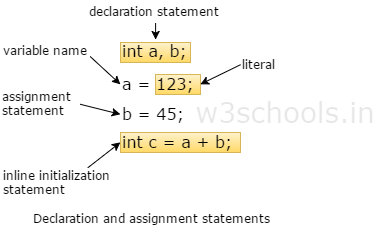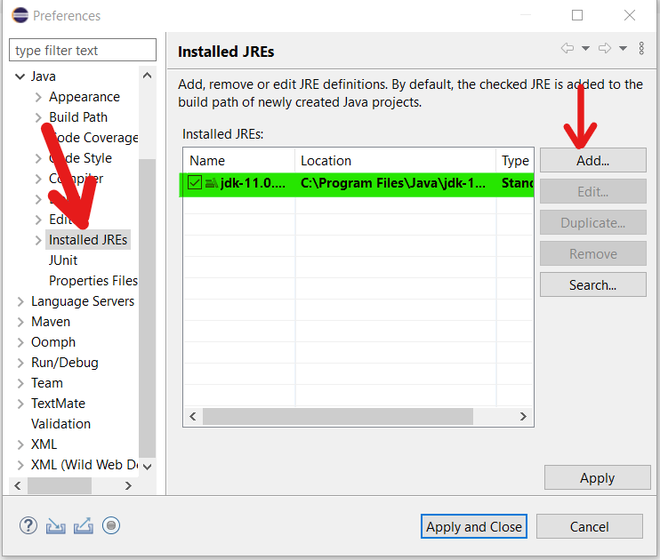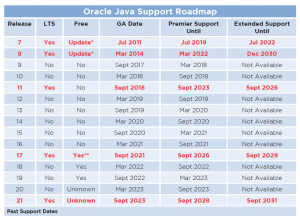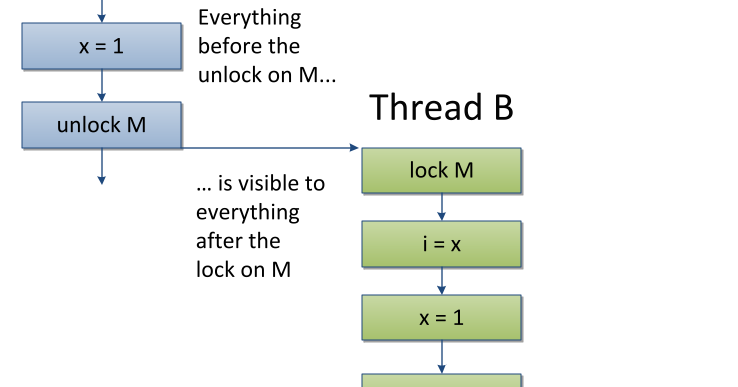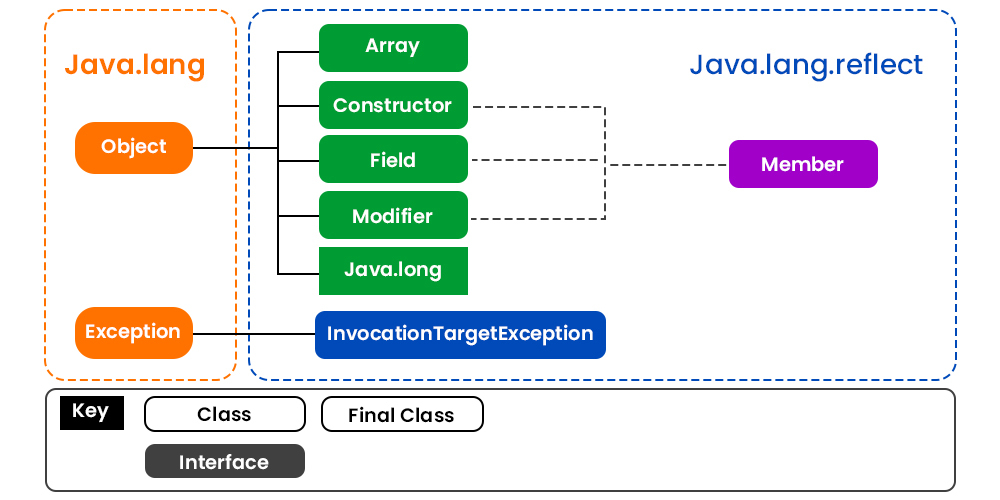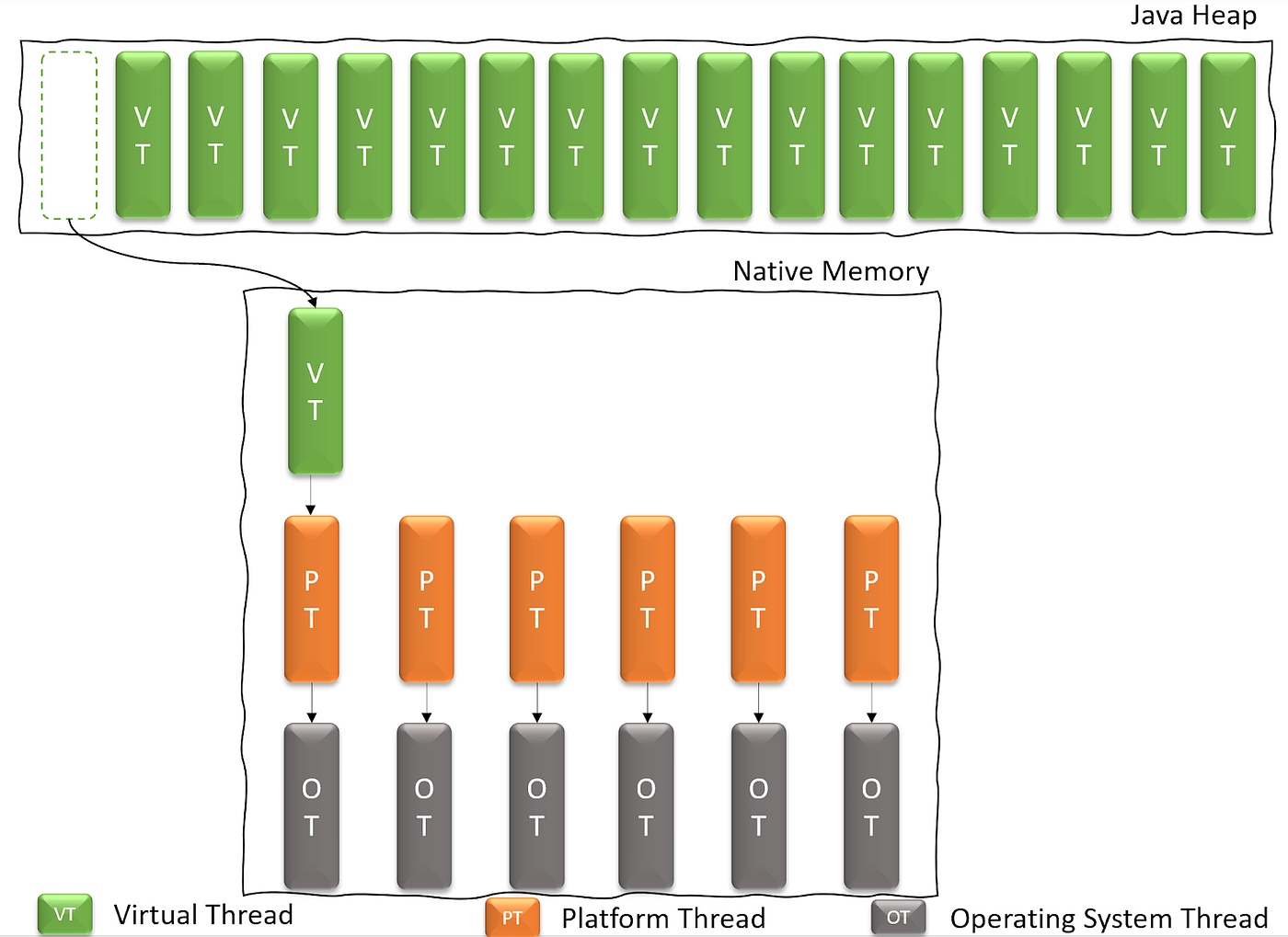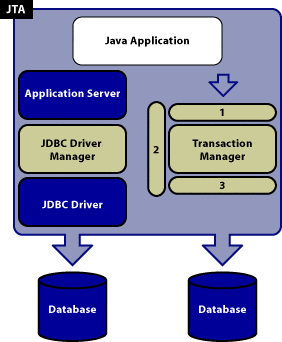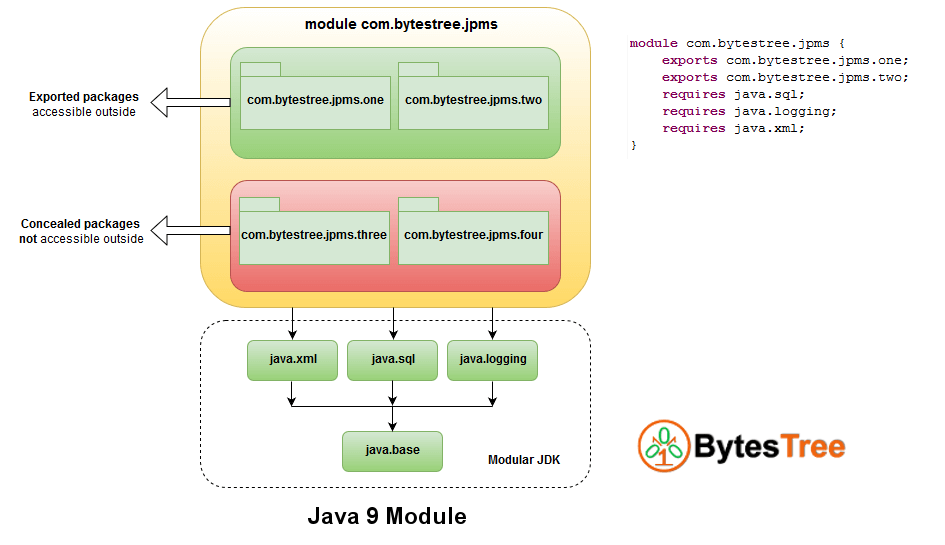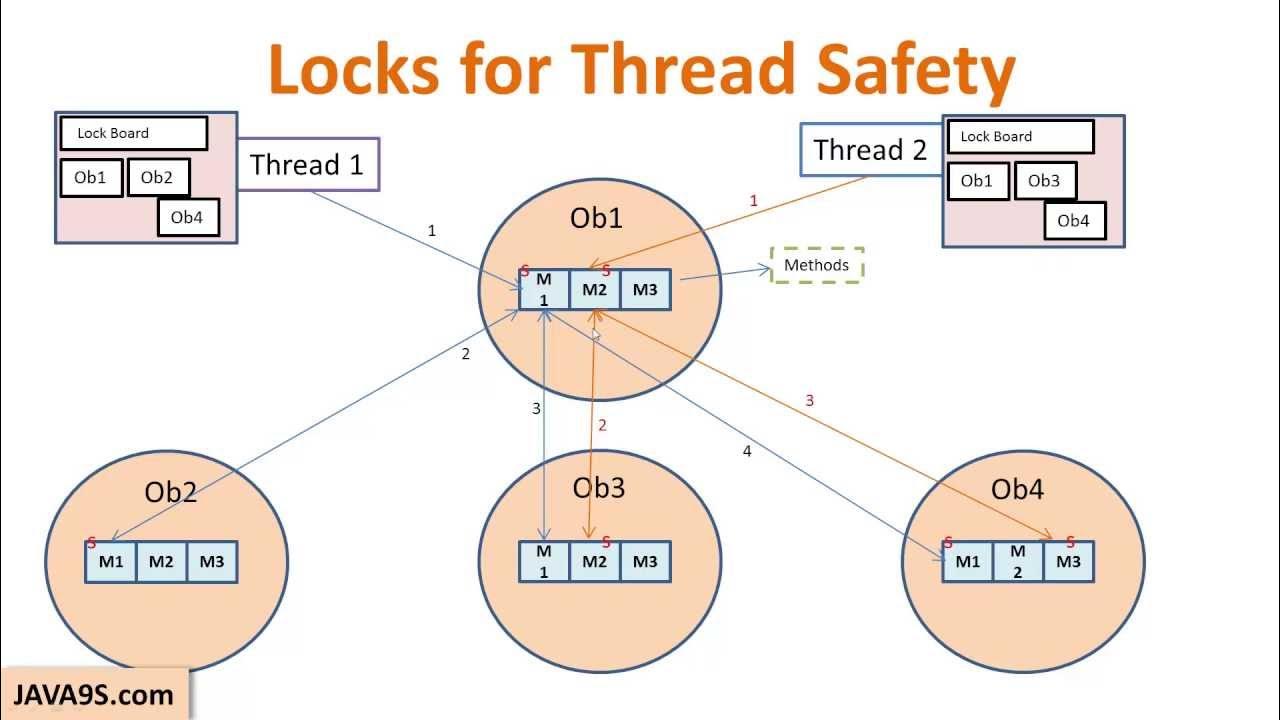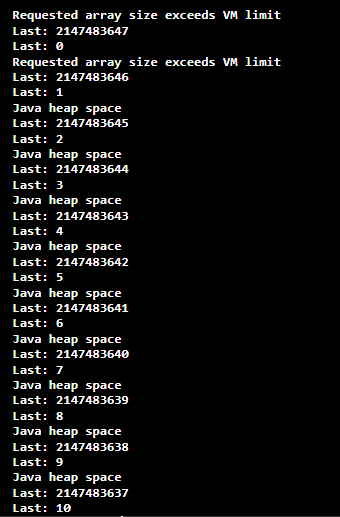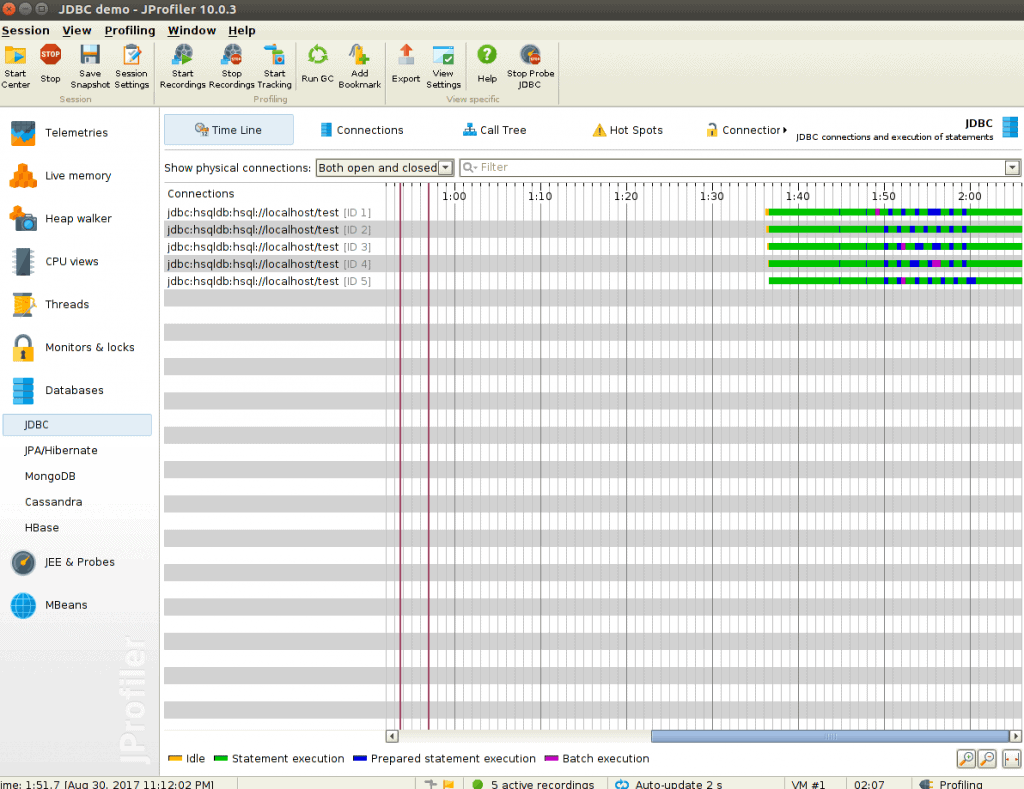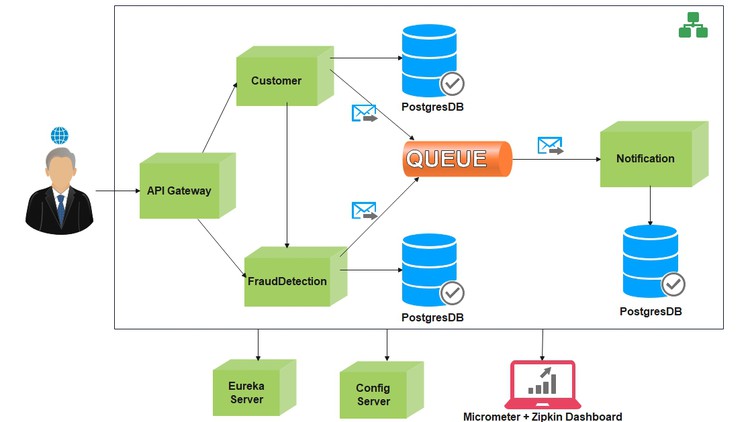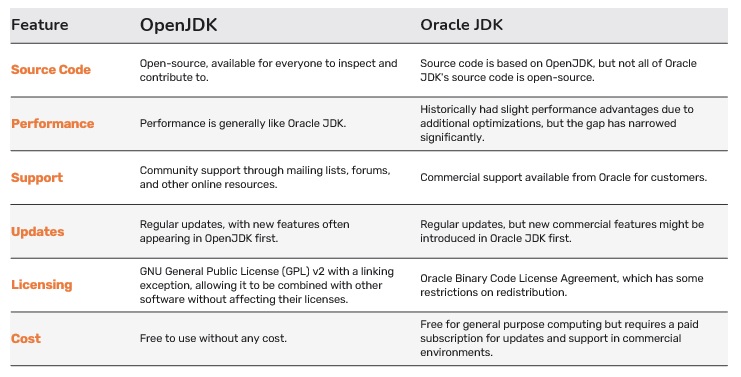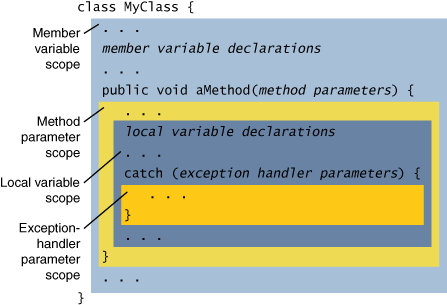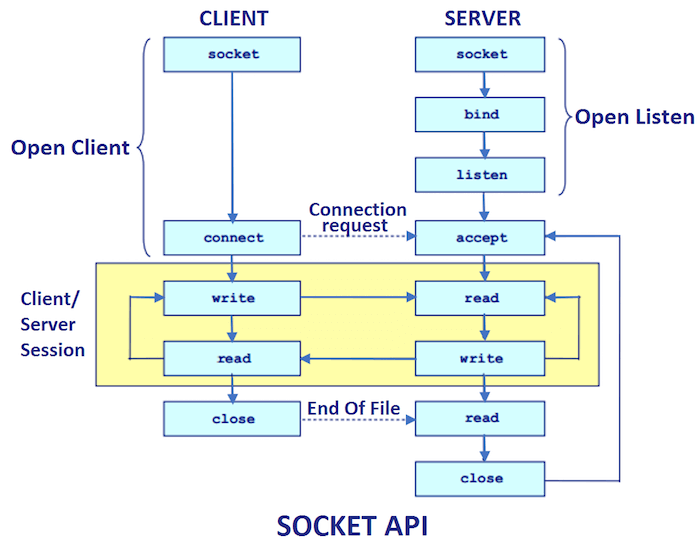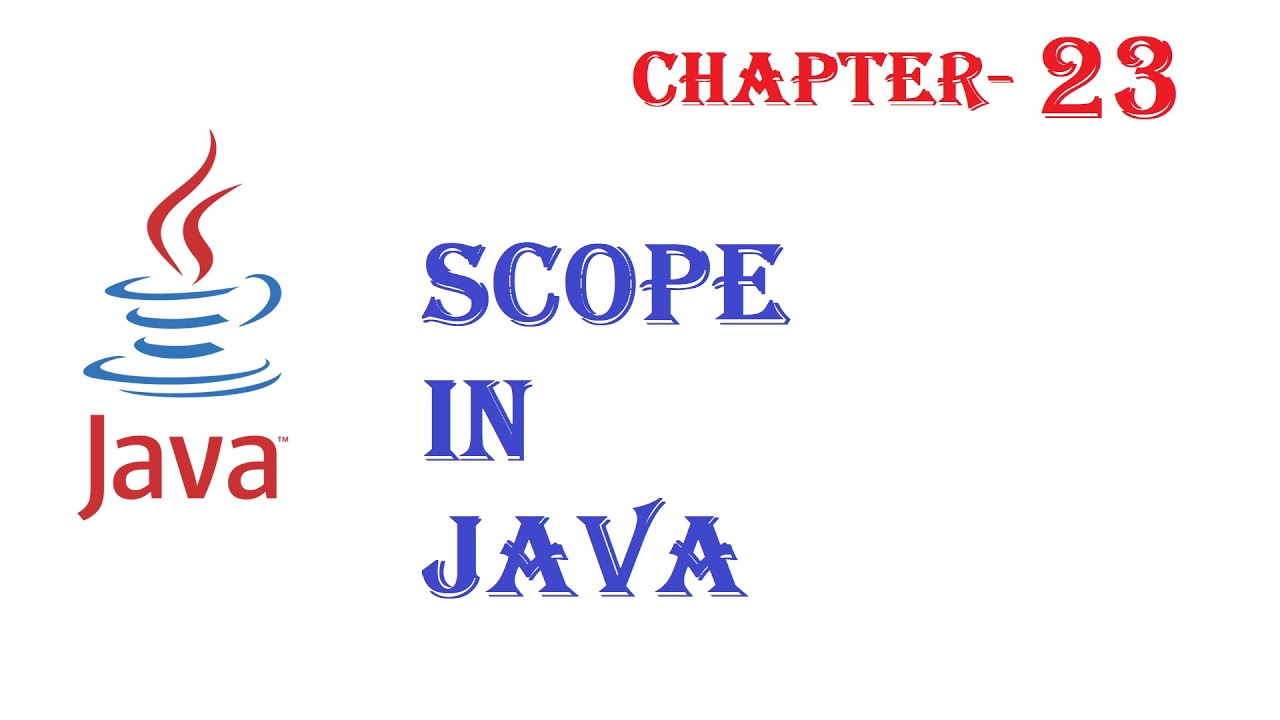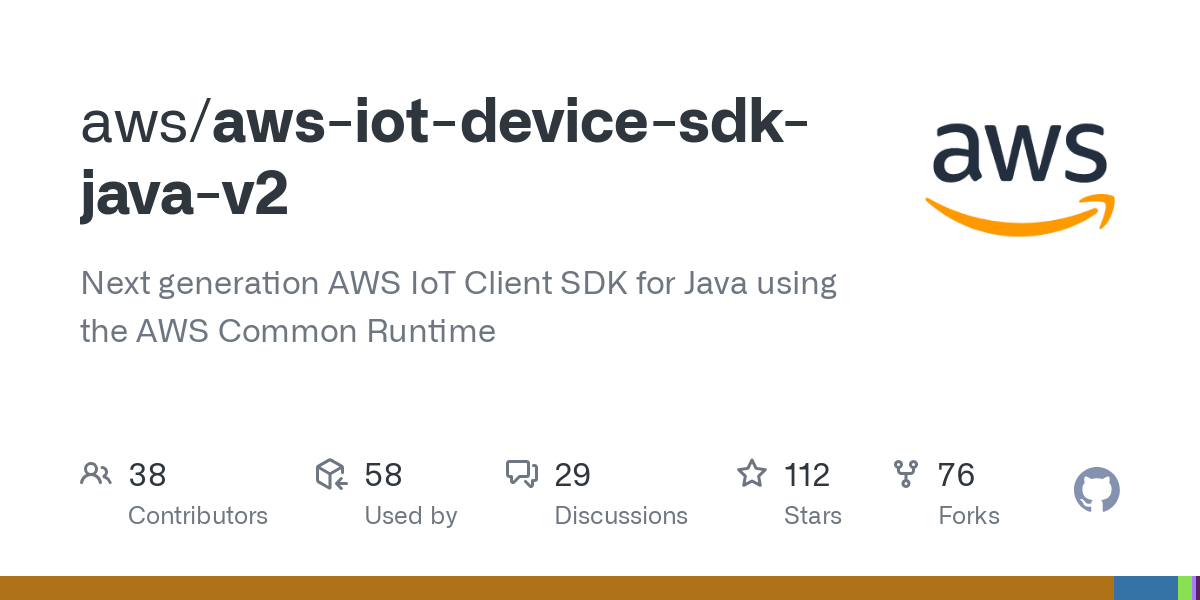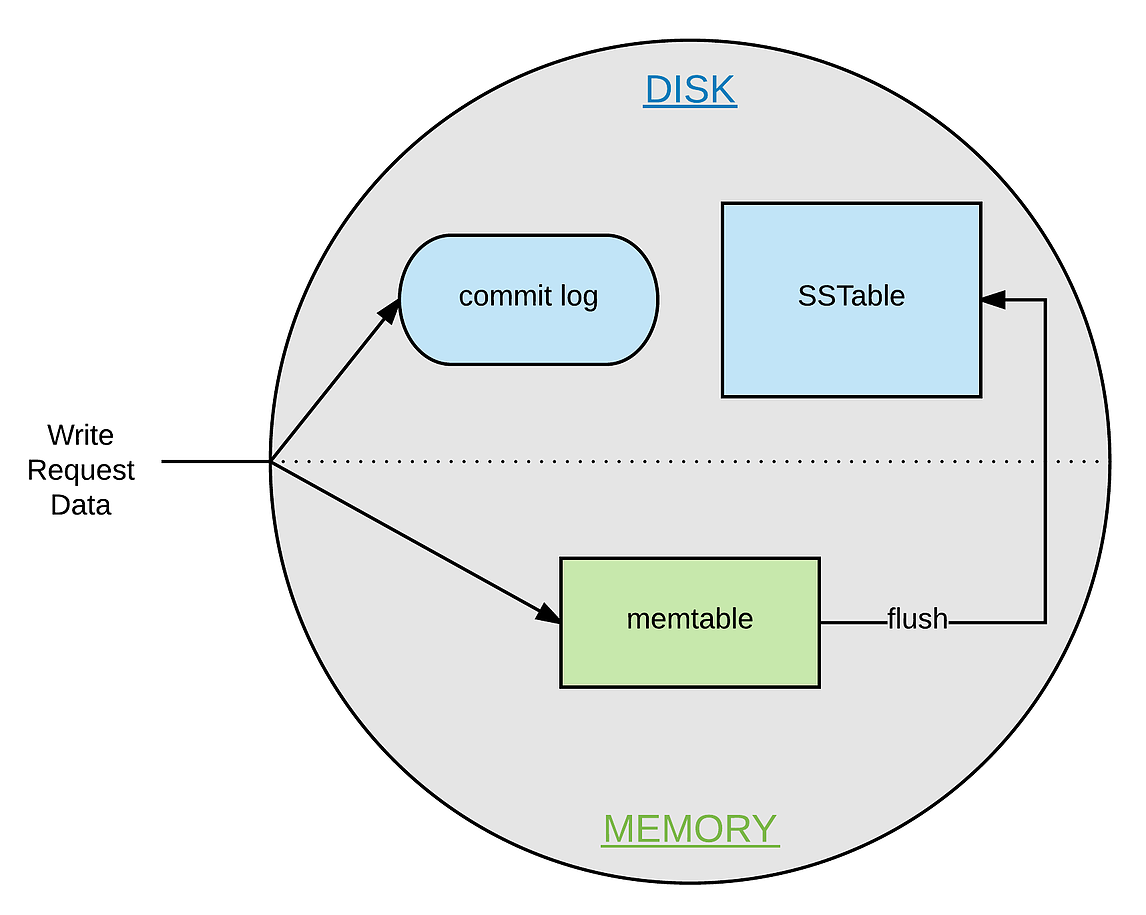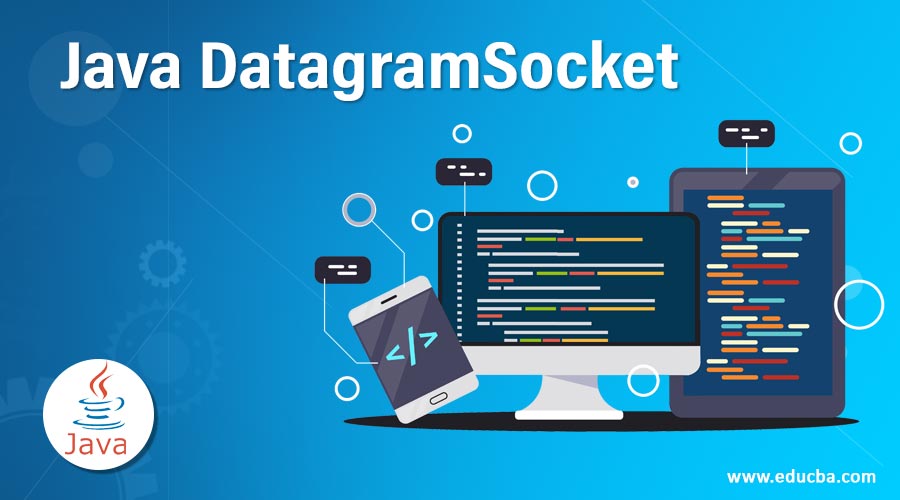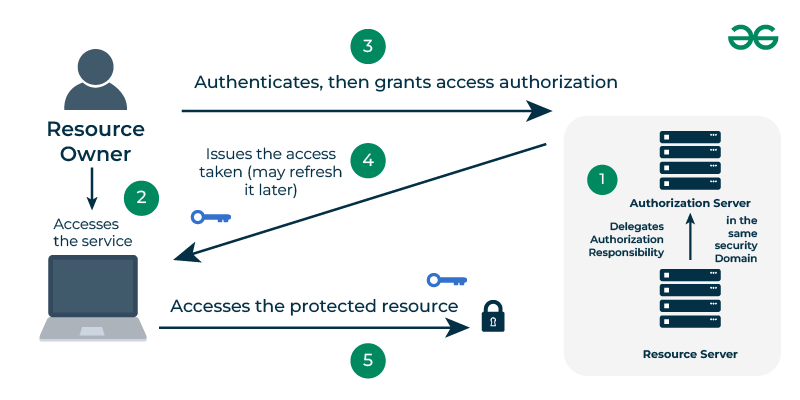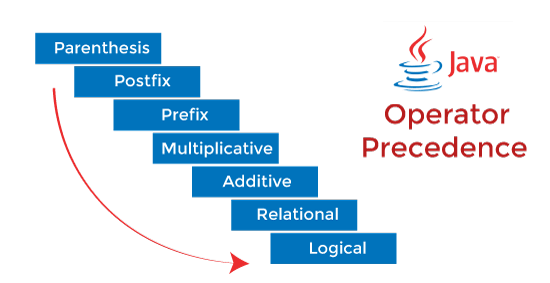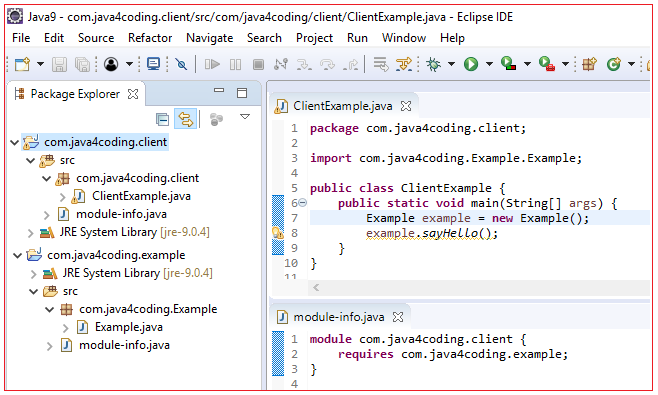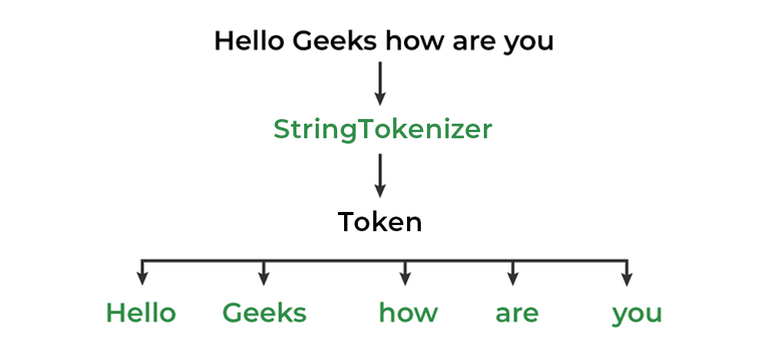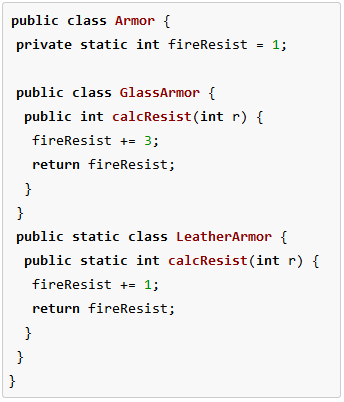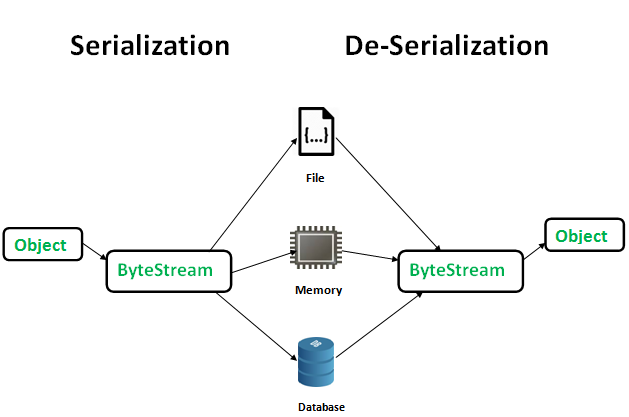Can you use Java in Azure?
Can you use Java in Azure?
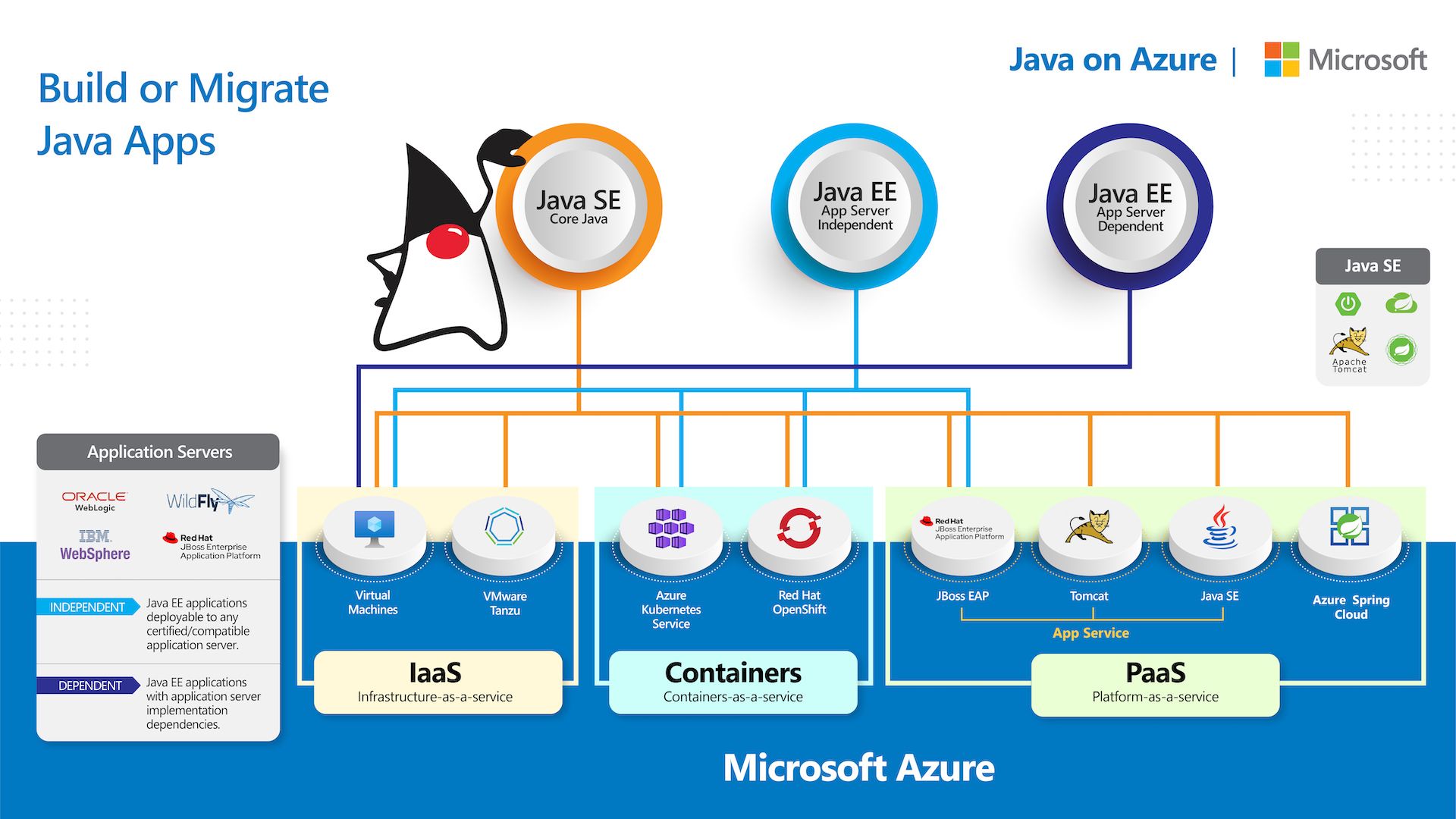
Yes, you can use Java in Azure. Microsoft's Azure platform supports a wide range of programming languages and frameworks, including Java. Here are some ways you can use Java in Azure:
Azure App Service: You can deploy a Java-based web application to Azure App Service, which provides a managed environment for building, deploying, and scaling web applications. You can choose from several Java runtime environments, including Tomcat, Jetty, and Apache HTTP Server. Java Virtual Machines (JVMs): You can run JVMs on Azure's cloud-based infrastructure as virtual machines (VMs). This allows you to run any Java application that requires a specific JVM version or configuration. You can also create custom VM images with your preferred JDK version installed. Azure Functions: Azure Functions is a serverless compute platform that supports multiple programming languages, including Java. You can write a Java function using the Azure Functions Java SDK and deploy it to Azure, which will run your code automatically when triggered by an event. Java-based Data Science: If you're working with data science or machine learning projects, you can use Java libraries like Weka, Deeplearning4j, or H2O on Azure's HDInsight service. This allows you to process and analyze large datasets using your preferred Java framework. Azure Kubernetes Service (AKS): If you need to run a distributed Java application, such as a microservices-based system, you can use AKS to deploy and manage your containers. AKS supports Java-based applications and provides features like automated scaling, self-healing, and rolling updates.To get started with using Java in Azure, you'll need:
An Azure subscription: Create one by signing up for an account on the Azure website. A Java Development Kit (JDK): Choose your preferred JDK version from Oracle's official website or adoptopenjdk.net. A code editor or IDE: Use a code editor like Visual Studio Code or IntelliJ IDEA to write, compile, and debug your Java code.Some popular Azure services for Java developers include:
Azure Storage: Store and retrieve data using Azure Blob Storage, Queue Storage, or Table Storage from your Java applications. Azure Cosmos DB: Use this globally distributed, multi-model database service to store and query data in various formats, including JSON, XML, and MongoDB. Azure Search: Index and search large datasets using Azure Search's scalable search platform, which supports multiple indexing formats, including JSON.In conclusion, Azure provides a range of services and tools for Java developers, allowing you to build, deploy, and scale your Java applications on the cloud.
Can you use Java with Azure?

I'm happy to respond in English for this exception!
Yes, you can definitely use Java with Azure! Microsoft's cloud platform provides extensive support for developing and deploying Java-based applications. Here are some ways you can leverage Java with Azure:
Azure App Service: You can deploy your Java-based web application to Azure App Service, which allows you to easily scale, monitor, and manage your application.

To get started with using Java on Azure, you'll need:

Some popular Azure services that work well with Java include:

Microsoft provides extensive documentation, tutorials, and samples to help you get started with using Java on Azure. You can find these resources on the official Microsoft Azure website or through various online channels.
In summary, Azure supports a wide range of Java-based applications, from web development to serverless computing. With the Azure SDK for Java, integration with other Azure services, and a growing community of developers, you'll be well-equipped to build scalable and secure solutions using Java on Azure!

